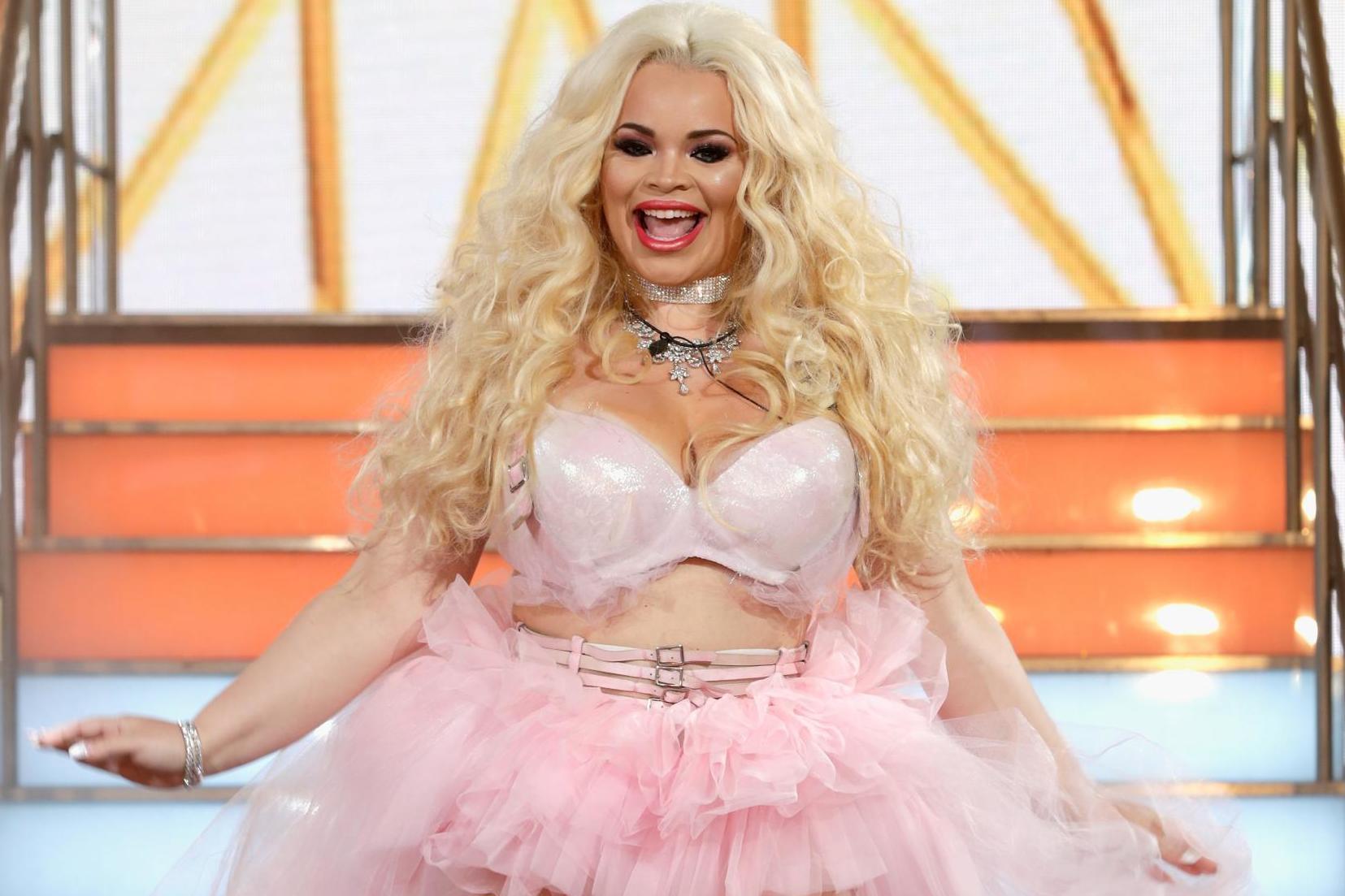Frenemies: Trisha Paytas and Ethan Klein’s messy drama shows how dark YouTube can get
The initial collaboration between these two opposites was met with confusion by fans. It was clearly a savvy business decision — but one with a fatal flaw

Your support helps us to tell the story
From reproductive rights to climate change to Big Tech, The Independent is on the ground when the story is developing. Whether it's investigating the financials of Elon Musk's pro-Trump PAC or producing our latest documentary, 'The A Word', which shines a light on the American women fighting for reproductive rights, we know how important it is to parse out the facts from the messaging.
At such a critical moment in US history, we need reporters on the ground. Your donation allows us to keep sending journalists to speak to both sides of the story.
The Independent is trusted by Americans across the entire political spectrum. And unlike many other quality news outlets, we choose not to lock Americans out of our reporting and analysis with paywalls. We believe quality journalism should be available to everyone, paid for by those who can afford it.
Your support makes all the difference.Controversial YouTuber Trisha Paytas set the internet ablaze this week after sensationally quitting the Frenemies podcast she co-hosts with H3’s Ethan Klein.
This is not the first time Trisha — who goes by pronouns they/them — has walked away from the show due to conflict between the pair, but it seems it may be the last. Since launching in September 2020, Frenemies found huge success (along with a fair amount of controversy) in showcasing the tumultuous relationship between Klein and Paytas, both of whom previously had separate public platforms where they very publicly hated each other. Viewers have been left astounded over the two-hour runtime of each Frenemies show as conversations regularly sprawled into unpredictable territory due to the strikingly dissimilar temperaments of each host.
The friction was continuous and baked-in: Paytas’ latest departure happened after complaints were received from paid members of Frenemies about an argument between the co-hosts in an episode uploaded June 8th. During that show, Paytas brought up the 5 percent salary Klein had apparently distributed to the crew as well as his selection process of the team, neither of which Paytas had been a part of. What followed was a tense exchange with accusations of gaslighting thrown as the co-hosts insulted each other’s work ethic. It became apparent this professional setup had many flaws that hadn’t been talked through properly on or off camera.
Paytas then received further backlash after making an antisemitic comment about their co-star which they have since apologized for.
This latest fallout has sparked a foray of opposing reactions online. “It’s exhausting hearing [Trisha] constantly contradict herself on everything she talks about,” one user commented, while another said, “Ethan really invalidated Trisha’s communication and how she was feeling. Not cool.” The ‘Trisha vs Ethan’ dichotomy is central to Frenemies and inevitable: the two are very different people with very different outlooks.
Paytas has been open about their mental health struggles on social media, informing followers that they were diagnosed with schizophrenia at 31 years old and as a teenager; they have also discussed having body image and identity issues. In 2019, Klein was criticized for posting a harsh critique on an edited photo of Paytas, likening the YouTuber to an “open casket funeral” in an undoubtedly triggering instance. This occurred in the beginnings of a highly publicized rivalry between the pair, during which each attacked the other’s character in ruthless online battles of assassination play.
This is why the eventual collaboration between Klein and Paytas on Frenemies was met with initial confusion from fans. If you look at it from the YouTubers’ perspective, however, it makes perfect sense. As high-ranking views and revenue have shown, this pair were savvy enough to understand that opposites attract and utilized this to further their businesses. The question, as anyone who has watched the emotional videos posted by Paytas can attest, is: at what cost? Loyal fans of Klein’s H3 podcast appreciated his unabashed opinions on celebrity culture and questioned his dignity in partnering with Paytas, infamous for their ‘trolling’. But the union proved surprisingly successful, for a while at least. Paytas’ honesty and humanity, and Klein’s softening toward Paytas, was at times genuinely touching to see.
As this week showed, however, a few captured moment do not an appropriate work environment make. It’s clear Frenemies was established out of a desire to do better business, without much consideration of how the podcast might psychologically affect both parties. At some point, a business model that relies of scandal becomes an act of self-sabotage. And it’s well-established that a YouTube career can take its psychological toll: a number of once-popular Youtubers including Tati Westbrook, Shane Dawson and James Charles have switched their cameras off in the past year (some permanently and some temporarily) following their own individual scandals.
While the differences in personalities between Klein and Paytas might have produced the type of entertainment YouTube thrives off, it also led to its downfall. A platform that once was about connecting with people has led to an explosive disconnection. What that same platform now needs to do is have a reckoning about mental health and its responsibility toward the people who rely on it for their livelihoods.
Join our commenting forum
Join thought-provoking conversations, follow other Independent readers and see their replies
0Comments